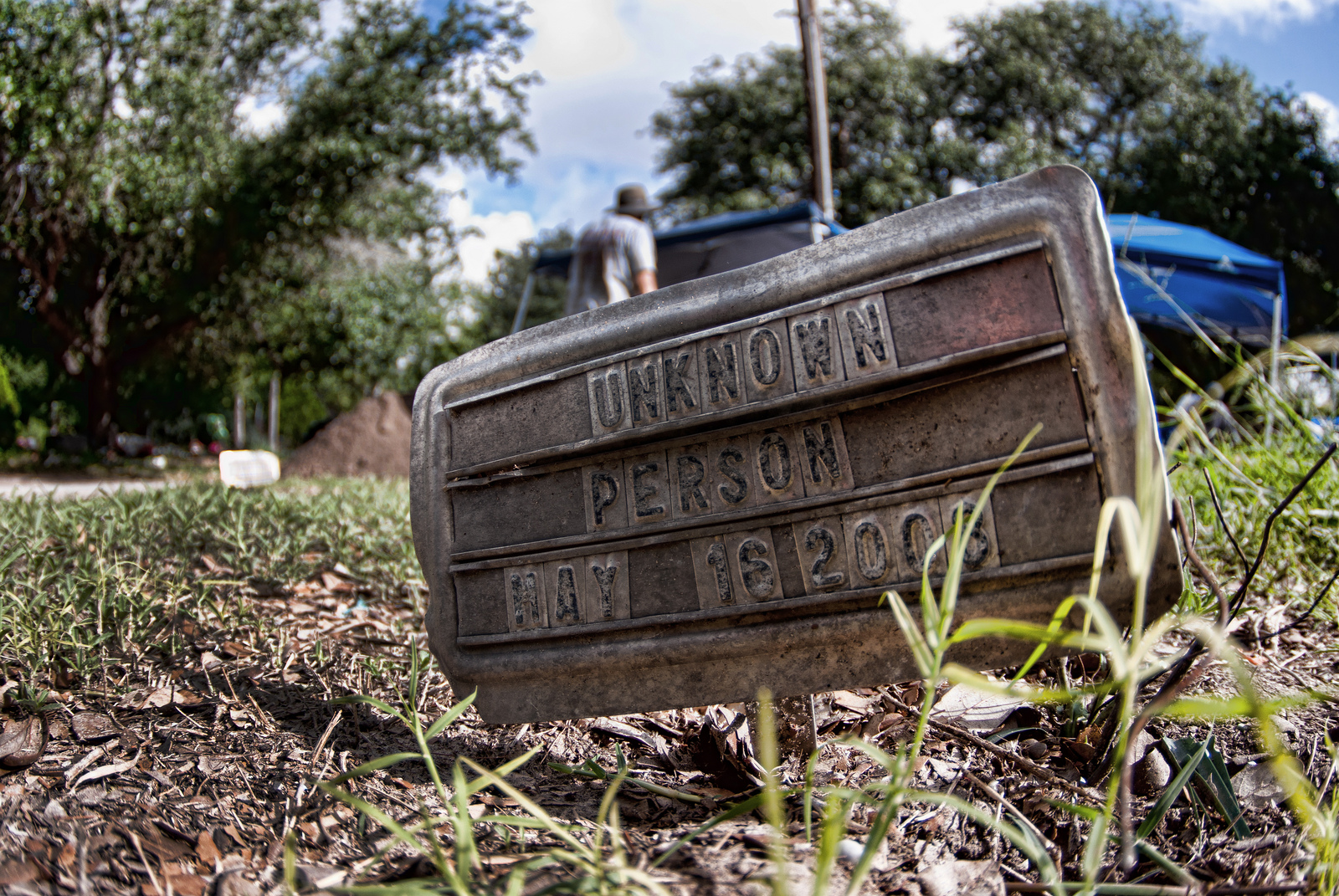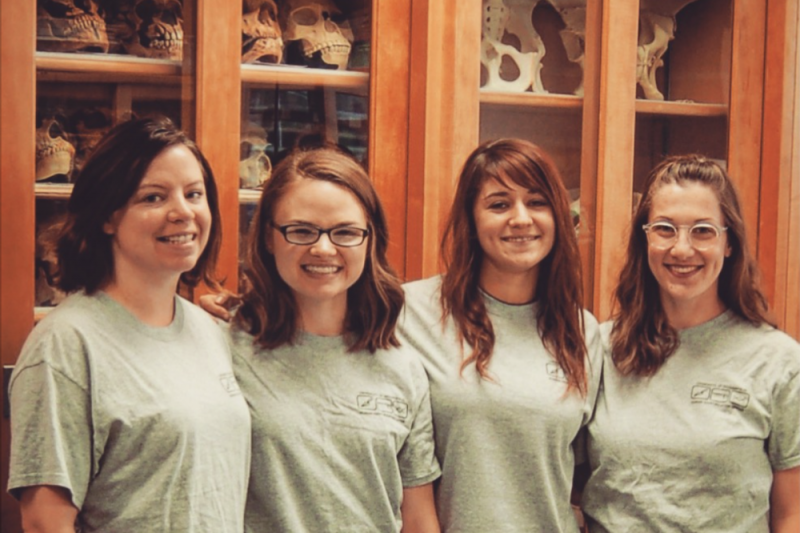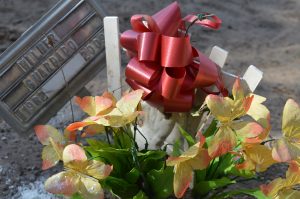On May 16 the UIndy Forensics Team will once again head south to work with colleagues at Texas State University on a large scale migrant identification initiative. While we have been involved in these efforts since 2013, this mission bears some pretty dramatic changes for our team. Each mission has been different in its own right and we have come to embrace the motto “Expect the Unexpected”, but there are changes that warrant mentioning before we depart.
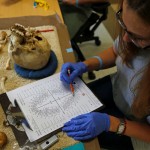
1 – For the first time we will be conducting skeletal analyses and exhumations in one trip. Our prior missions have focused on one or the other: exhumations at Sacred Heart Burial Park in Brooks County or skeletal analyses at Texas State University. Both activities are intense and exhausting in their own way. Conducting multiple skeletal analyses per day requires mental stamina, as one wandering thought or eye can cause the analyst to miss an important detail or feature that could be potentially important in the identification efforts. Cemetery excavations are physically exhausting and bring the added dangers of environmental exposure (heat, dehydration, bugs, etc…) or injury. I have always been proud of the dedication of the UIndy student volunteers and am especially proud of this team, who didn’t hesitate when I explained the demands that this mission entails. Each member sees the contribution they can make in this crisis situation as the most important deciding factor in their decision to embark on this trip.
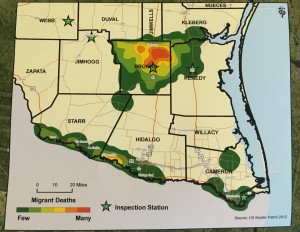
2 – We will be moving our exhumation efforts to a different county. Since 2013 our focus has been on the identification of migrants who perished in Brooks County Texas, and were buried without a forensic investigation into their identity. However, Brooks is only one of many counties facing a similar crisis situation. The excavations on this trip will occur in Starr County Texas. We are humbled that we were invited by our colleagues at Texas State University to participate in this expanding identification effort and are eager to begin this new phase of the project. However, we will miss the familiar places and the familiar faces of our friends in Falfurrias.
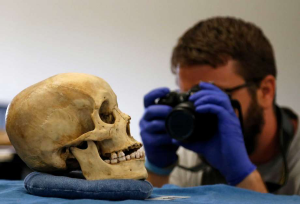
3 – Our veteran team member Justin has retired. Justin has participated in the entirety of every field mission since 2013. He has been our muscles when we needed strength in the field. He has been our senior analyst when we needed brains in the lab. He has been our shoulder when we needed to cry, and an outstretched hand when we needed support. He has been our translator when we needed a Spanish speaker, our nature
conservationist when we needed bugs, snakes, frogs and other critters relocated from our excavation spots, and our chef when we were hungry. He has been our comic relief when we needed a reason to smile and our motivational speaker when we needed a reason to not give up. He has been an invaluable part of the UIndy efforts towards migrant identification and I want to make sure that his decision year after year to put his heart and soul into this work does not go unnoticed. We will miss Justin, but wish him the best as he enters the next phase of his educational career in Forensic Anthropology: starting work on his doctorate.
The team for this mission consists of Leann, Erica, Jessica and Haley. Please continue to check back daily for updates on our work and progress regarding the entire initiative in general. Thank you for your support and please feel free to share this information to bring awareness to this humanitarian crisis situation.
~KEL
